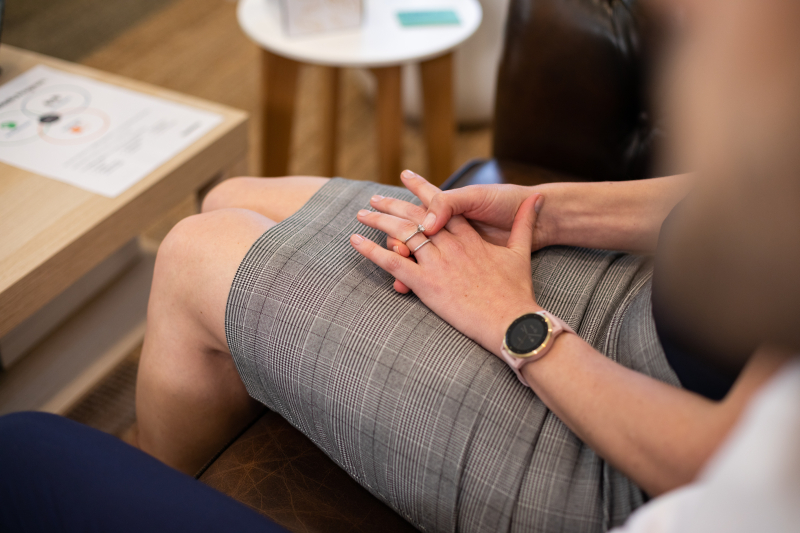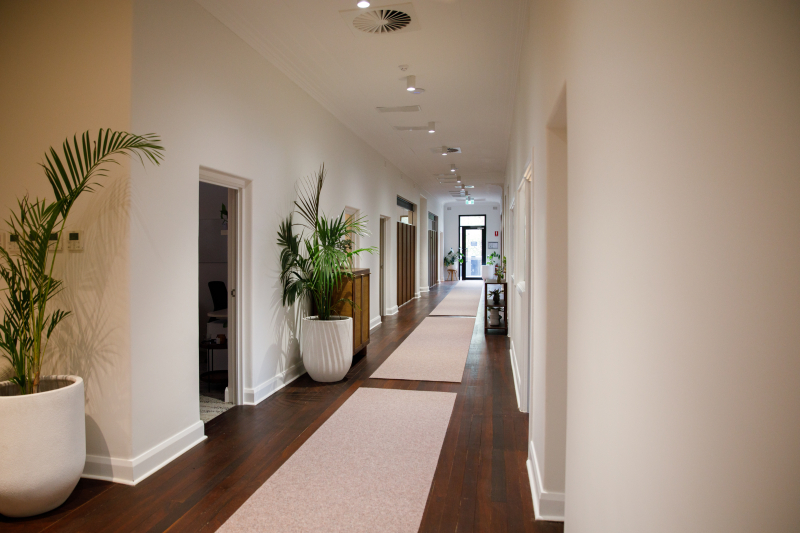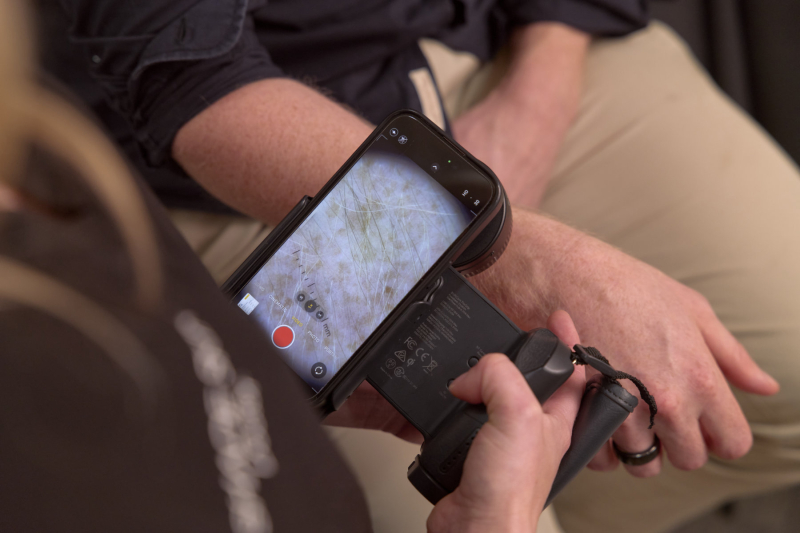According to researchers, there has never been a safer time to live on this planet. In 2020 in Australia, we have amazing access to clean water, fresh food, affordable healthcare, and education. We have low unemployment levels and we are living longer lives.
Unfortunately despite these statistics, mental health issues in western cultures including Australia, continue to rise. Depression is estimated to be 10 times as common compared to 50 year ago. Rates of anti-depressant prescriptions have more than doubled in recent years. There is more anxiety diagnosed in both adults and children.
All of this doesn’t make much sense, does it? There has never been a safer time to live yet our levels of contentment with life don’t seem to correlate.
One factor that could be playing a role in our psychological health is that of CHOICE. In Australia, there is an abundance of choice. Everywhere we go and everything we do, there is a huge array of variety and therefore, choice. For example, we can choose between many different types of coffees at our local café, not to mention we can decide on which café to go to. When looking for a new car there appears to be 20,000 different types of vehicles to choose from. For anyone that has ever built a house – there is so much choice in every single item from tiles to skirting boards to kitchen bench tops. From a psychological point of view, the question is whether this huge variety in what’s on offer is contributing to our mental health decline.
There is evidence to suggest that having more choices does impact our mental health. Barry Schwartz discusses this concept in a well-articulated TED talk.
To highlight this viewpoint, imagine that you have not eaten for 3 days. Having a choice of food may not become as important as finding something edible to consume. If you were homeless, then having a roof over your head and sleeping in a safe environment becomes the priority – not necessarily the types of tiles that make up the kitchen splash-back.
Journalist James Ricketson was jailed for 3 years in Cambodia and he has written and talked about some of his experiences. His observations were that many of the people he was incarcerated with seemed to be reasonably content. Ricketson stated his own levels of happiness were comparable to his pre-incarceration levels. He makes the observation that when we don’t have many choices, the small things in life become the simple pleasures. These could range from reading a good book, eating a well cooked meal or engaging in a good conversation.
As much as we understand the issues associated with choice, at times we all get caught up in what could be considered first world problems. At Headway Psychology, we like to help people focus on what is important. When we consider what is important, so often it is about having good relationships. Having healthy and meaningful relationships in our lives positively contributes to sound psychological health and enhanced life quality.
If you or anyone you know has any queries or would like further information, get in touch on (08) 9226 4489 or book an appointment today.



